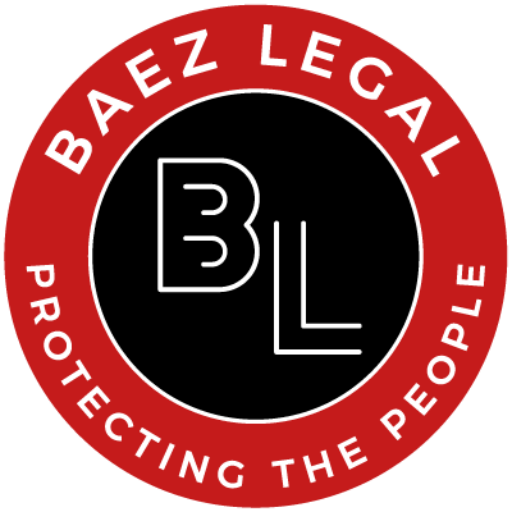Unfortunately, due to negligence, slip and fall accidents are a common source of injury in public and private spaces. Though many people assume that these types of accidents aren’t severe, they can actually result in catastrophic life-altering injuries. In New York, property owners are legally obligated to maintain reasonably safe premises, promptly remedying any unsafe property conditions to prevent accidents and injuries. Property owners can be held liable for their negligence if the appropriate parties fail to uphold their legal obligation and an individual becomes injured. You can seek legal compensation if you become injured while on someone else’s property. However, property owners sometimes claim that you should have noticed the danger that caused your injury as it was hazardous. This defense is known as the “open and obvious” rule, which can make it harder for you to recover compensation for your damages as it limits a property owner’s liability. Please continue reading to learn how this defense can impact your premises liability case and how a skilled New York City & Westchester County Slip and Fall Lawyer can help protect your legal rights.
WHAT ARE “OPEN AND OBVIOUS” HAZARDS IN SLIP AND FALL CASES?
While property owners can typically be held liable for a slip and fall accident, there are certain exceptions to their liability. In a premises liability case, the defendant may attempt to use a defense known as the “open and obvious” rule. Essentially, this defense argues that a property owner should not be held responsible for injuries that result from a clearly dangerous condition. In New York, property owners must keep their premises safe and free of hazardous conditions. However, their legal obligation only applies to the risk of unreasonable hazards. Visitors on any property are expected to exercise discretion when facing apparent danger in plain sight. The following include but are not limited to some hazards that are deemed open and obvious:
- Sidewalk curbs
- Visibly wet floor
- A staircase with a broken handrail
- A protruding shopping cart
- Uneven pavement
- A brick border around a tree
- Raised joints where asphalt met concrete in a parking lot
As mentioned above, the court finds that visitors must exercise discretion when entering a property. If the dangerous condition that caused your injury was clearly unsafe and any other reasonable person would have recognized it, the property owner may not be held liable as they would not be legally obligated to address the hazardous issue.
Nevertheless, there are, fortunately, exceptions to the open and obvious defense. If you or someone you care about has been. If injured in a slip and fall accident due to negligence, contact an experienced lawyer from the legal team at The Bàez Legal Group, who can help you prove that you still have a valid claim even though the danger was glaringly obvious. Our firm is prepared to help you fight for your rightful compensation.
